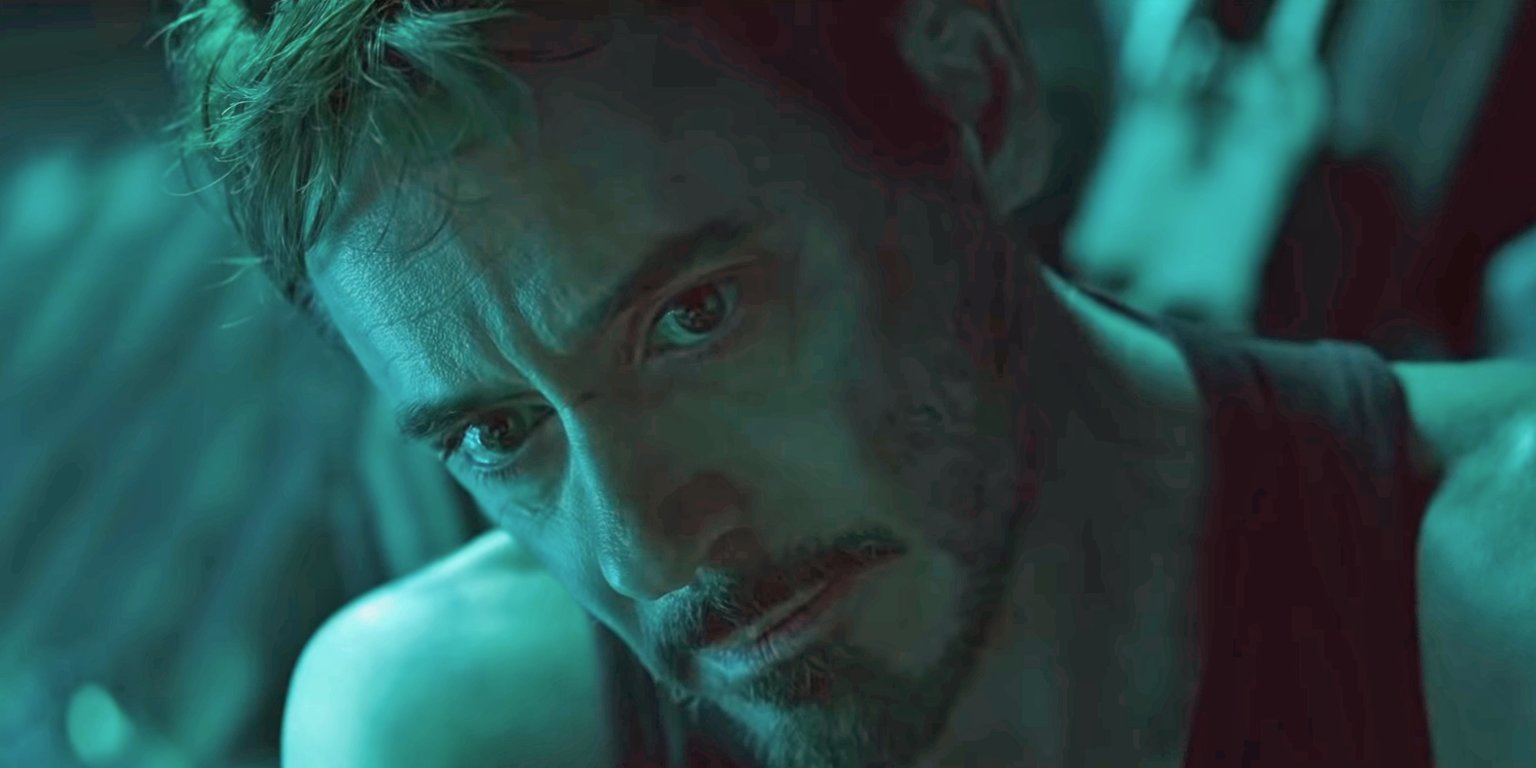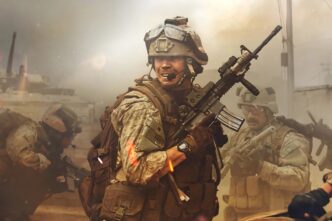I remember seeing Tony Stark adrift in space, his loneliness echoing through the confines of the Benatar. I looked to my friend on my right and said, “This feels like Marvel’s Interstellar.”
When I first saw Interstellar in 2014, I was scared. Not scared because Interstellar was a horror flick in any way- but scared because Nolan was tackling important themes that were close to my heart. I was scared that Nolan might just about surpass Stanley Kubrick’s 2001: A Space Odyssey, especially because Kubrick has long been my favorite director.
Of course, Interstellar wasn’t categorically better than 2001. But it really tried to be, and became something beautiful in the process. Interstellar was Cooper and Murph’s story, of two people making extraordinary sacrifices for the sake of everyone’s survival, and it was a story of human triumph, of the frailty of human life and how it’s still precious despite the enormous grief one absorbs from loss over a limited lifespan.
Endgame isn’t really Marvel’s Interstellar. It’s a near three-hour movie with a janky, nigh-convoluted time travel plot that ends with a climactic, drawn out fight. Come to think of it, it probably isn’t even as good as The Two Towers or Return of the King were. But it’s undoubtedly special, and thus deserves some recognition for what it manages to do. One of those things that it does pretty well is show how grief changes people over time.
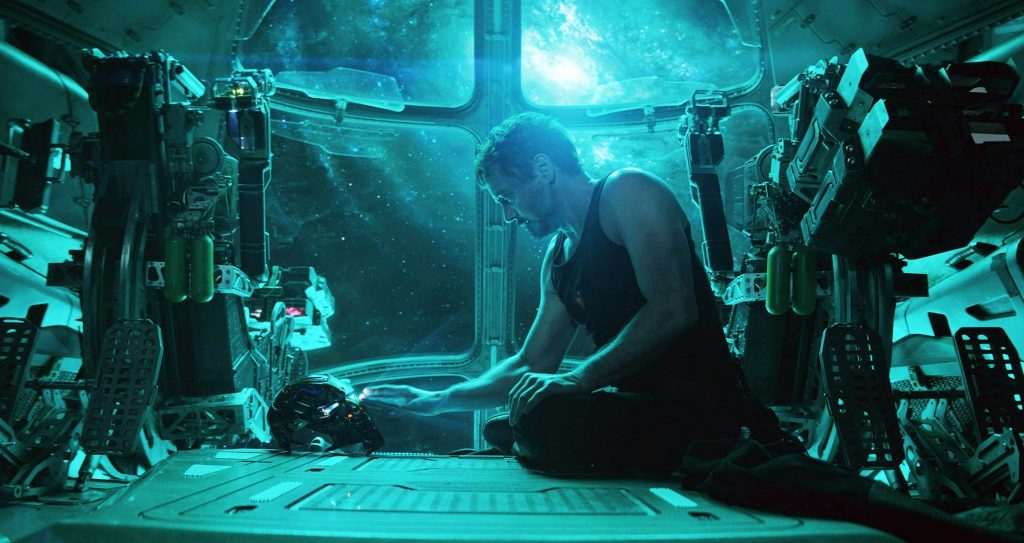
Tony Stark is shell-shocked when Captain Marvel brings him and Nebula back to Earth; he explodes at Steve Rogers, blaming him for breaking the Avengers apart. He retires from superheroics altogether, settling down with Pepper Potts to lead a quiet life. However, his guilt (and love) towards Peter Parker eventually brings him back to the fold.
Steve and Natasha are barely holding on, but it’s perhaps Thor who has suffered the most. After losing his whole family, he also had to shoulder the guilt of failing the world when it needed him the most. The trauma from this loss makes him regress, as he seeks refuge in alcohol (and Fortnite), retreating into a curiously curated comfort zone in a place he calls New Asgard.
“He was on board. We talked to him early on about it,” said Anthony Russo, referring to Chris Hemsworth’s thoughts on his journey. “That was born from us just thinking about, on an individual level, how each of the Avengers were moving forward from the moment at the end of Infinity War. How they were dealing with the pain of having lost to Thanos and the pain of losing everyone?
…If you look at the loss Thor suffers in Infinity War, it’s staggering. From the beginning of the film, when Thanos attacks his ship, kills Loki and Heimdal and much of his people. And all the way through to his failure to stop Thanos. We started thinking about how that would weigh on him and what that would do to him. We started circling this idea of depression and throwing that out in a way that we thought was really surprising and interesting.”
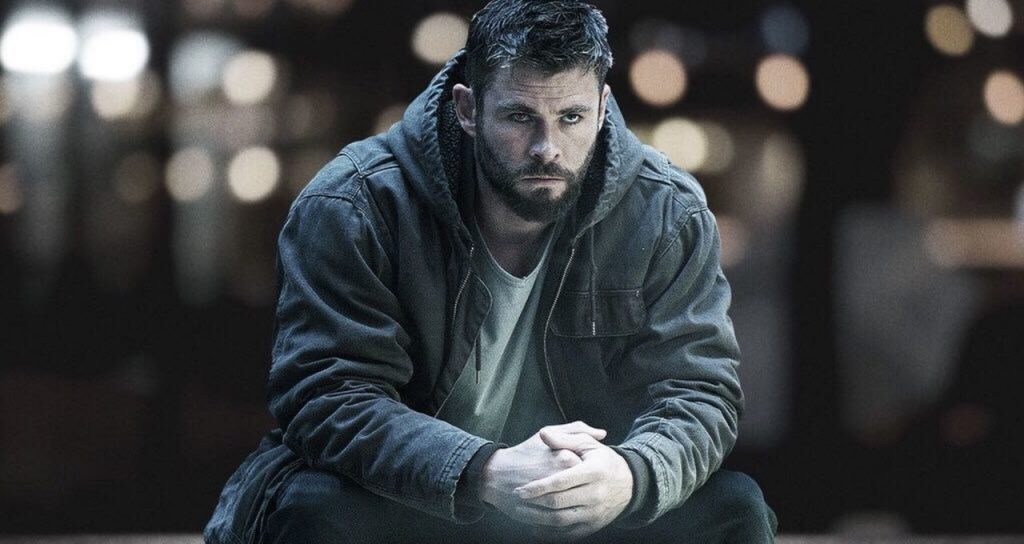
Of course, not everyone in the audience liked Fat Thor, with many articles coming out that called Endgame out for fat-shaming the character. But Hemsworth, who also has great comedic timing, was up for it. “We (Hemsworth and Taika Watiti) really decided to do something different, to see how we could make it unexpected and unique. And then, I called Joe and Anthony and said, ‘Look, I’ve got this new version of Thor that we’ve just shot, and I wanna continue that version. I don’t wanna do the old version.’ And they said, ‘We’ve got an even newer version for you.’”
The first thirty minutes or so of Endgame is magical, because they humanize our heroes more than any other film before. They felt like actual people, all hurting in different ways.
Although Hawkeye’s ninja-inspired rampage is a bit over the top, you can see that he’s hurting when he has somber conversations with his old friend, Natasha. Even Nebula is hurting from losing Gamora, although her stoic facade means that she barely speaks about it to her erstwhile teammates.
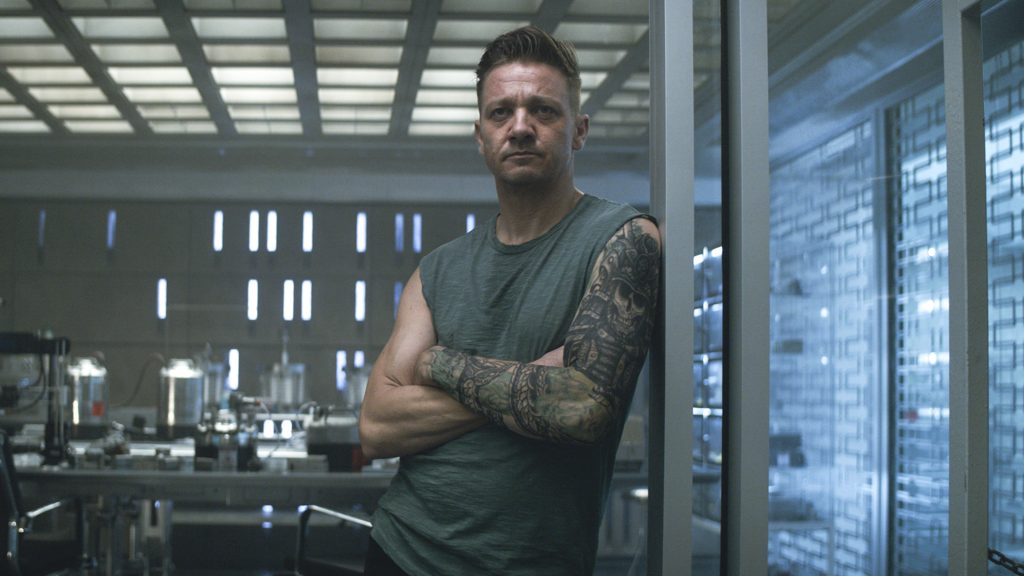
The world that we see in Endgame, five years after the snap, is irrevocably changed. This is a rarity in superhero fiction, because in most cases everything returns to normal by the time a story ends. That’s true too for Endgame– but in that first act, we get to understand the weight of living in a world that’s suffered such a universal, wide scale disaster. And that kind of disaster brings a grief that changes the face of the world.
Growing up, I have seen how national disasters changes a place and its people. I have seen how the Pakistani genocide of 1971 has induced bloodlust among ordinary men and women, who demanded executions for those perpetrators who were still alive and well in Bangladesh. Living in New York for the last year has also given me some idea about how 9/11 changed the city, and how it still affects us to this day.
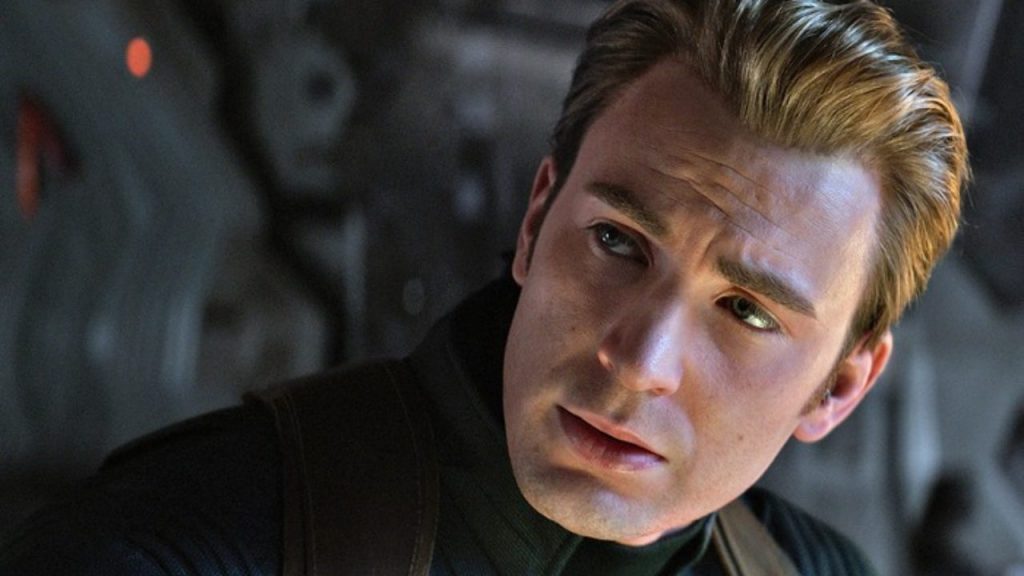
Endgame, of course, had to undo the ‘Snap’ and bring everyone back for the final battle- and that was entertaining and satisfying for a variety of reasons- but I am glad that the Russo brothers opened the film with such a somber tone, reflecting on the human cost of our heroes’ adventures.
Are their Avengers stories in the comics that deal with grief in a similar way? Not really, and that’s surprising, since people die all the time in comics. We have had issues where people mourn the loss of important characters such as Captain America (or Superman over in DC) but these ruminations are by their nature temporary. Perhaps, this is one of those limitations that comic-book storytelling would never overcome in a meaningful way. I certainly hope that isn’t the case.
